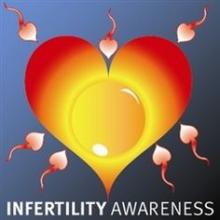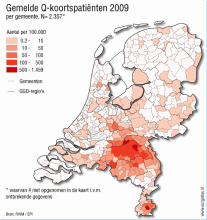Een causaal verband tussen inenting tegen de Mexicaanse griep en het optreden van narcolepsie is zeer plausibel
In 2009 werden in Nederland jonge kinderen gevaccineerd tegen de Mexicaanse griep. In het Mexicaanse-griepvaccin zit Thiomersal, een kwikverbinding die bedoeld is om schimmels en bacteriën de nek om te draaien. Het RIVM zegt in een rapport van 2009 dat Thiomersal geen probleem is. Het gebruik van antimicrobiële middelen in multi-doses vaccins, zoals het pandemisch vaccin, is volgens het RIVM nodig, en Thiomersal zou in deze gevallen de eerste keuze vanwege de effectiviteit en ervaring van de vele jaren die er met dit middel is.










